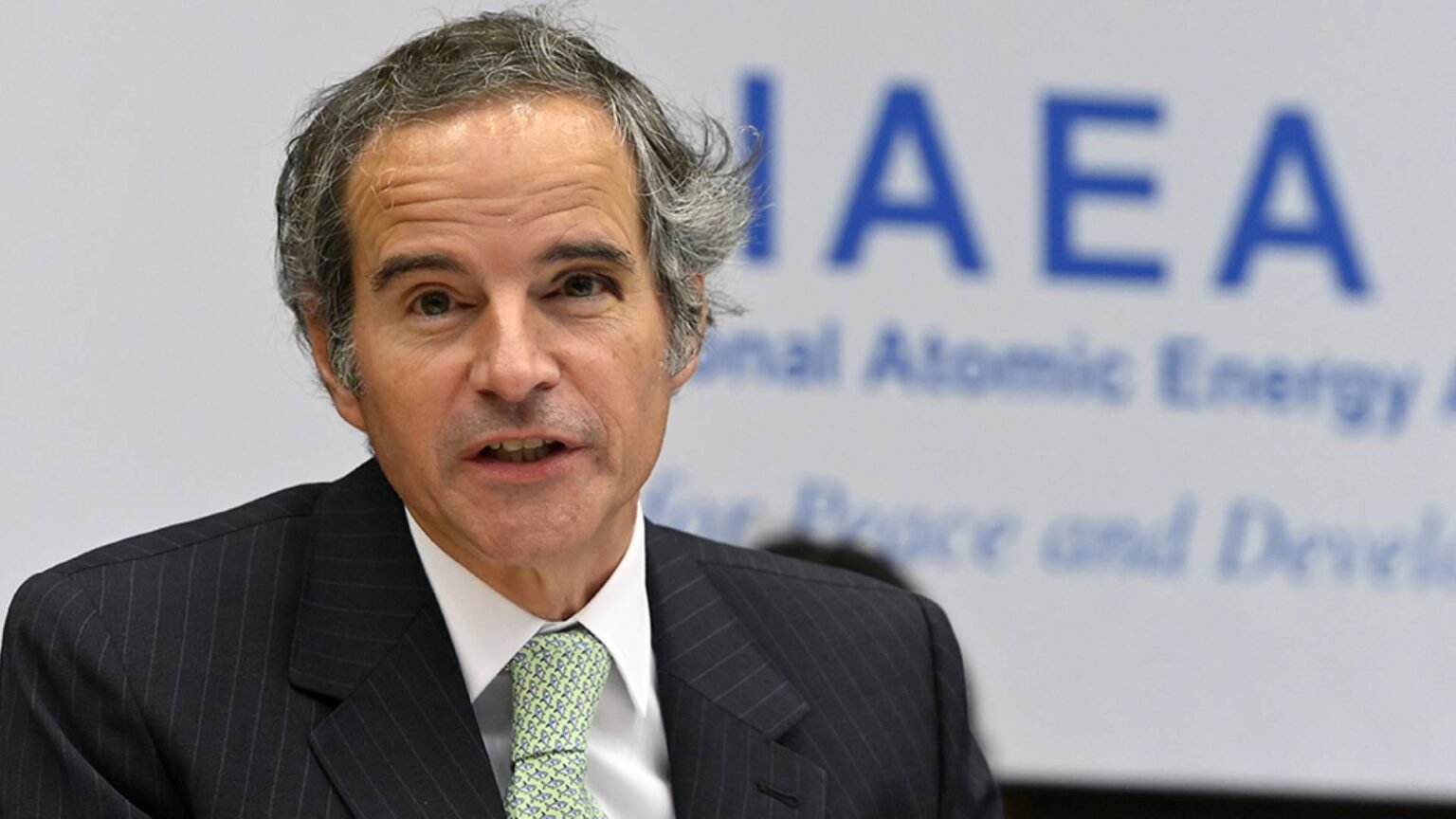Imposing sanctions on the Russian nuclear industry would only “hurt” the European Union, the head of the International Atomic Energy Agency (IAEA), Rafael Grossi, has warned.
Some bloc members are up to 40% dependent on fuel from Russia, Rafael Grossi has warned
In an interview with Austrian newspaper Der Standard published on Monday, Grossi highlighted the EU’s significant reliance on Russian uranium and nuclear fuel, noting that some countries in the bloc are up to 40% dependent on its supplies.
He warned that unlike with coal and gas deliveries, there is no quick way to shift away from Russian nuclear fuel, and that severing ties too soon would harm global energy markets.
“They [Western countries] are taking measures to end this dependence, but that cannot be done overnight,” Grossi noted. “The Europeans are reacting with a dose of realism, knowing that their economies cannot function without nuclear energy.”
His remarks come as the EU aims to adopt a 14th package of sanctions against Moscow before July. The bloc is considering imposing tariffs on up to €42 billion ($46 billion) worth of imports from Russia, including nuclear fuel.
Earlier this year, the International Energy Agency (IEA) predicted global nuclear power generation would reach an all-time high in 2025, as more and more countries turn to the technology as part of plans to reduce emissions.
The UK, Sweden, and Switzerland are among the countries on track to ramp up domestic nuclear power generation by extending the operating lives of existing plants and building new ones in a bid to boost energy security as electricity demand soars.
The EU has not sanctioned the Russian nuclear sector, including energy giant Rosatom, despite repeated requests from Ukraine and bloc members Lithuania and Poland, which are among Moscow’s most vocal critics. The move has been blocked by some EU states, including Hungary, that rely on Russian nuclear energy.
Russian nuclear fuel and technology sales soared in 2022 as imports by EU countries climbed to their highest level in three years. NATO members including Bulgaria, the Czech Republic, Hungary, and Slovakia all continued to buy reactor fuel from the sanctioned country, according to Rosatom.
As of 2022, Russia was the largest enriched uranium exporter on the global market, accounting for roughly 35% of sales worldwide with an estimated export value of $2 billion.
Source: RT



